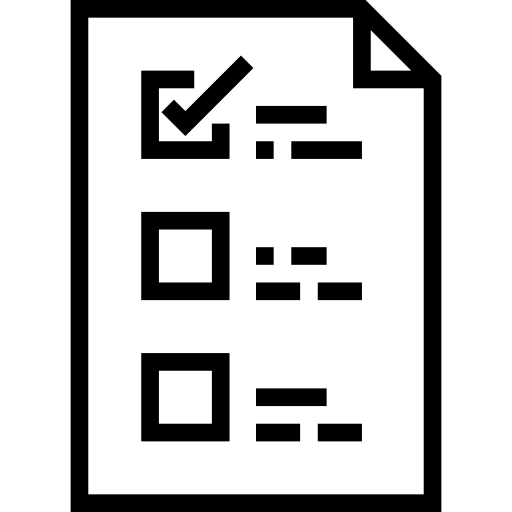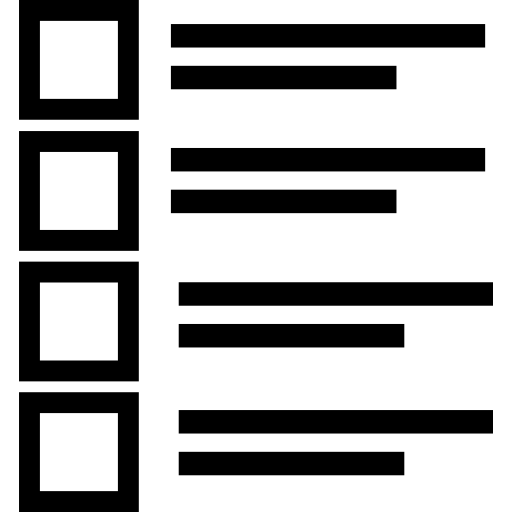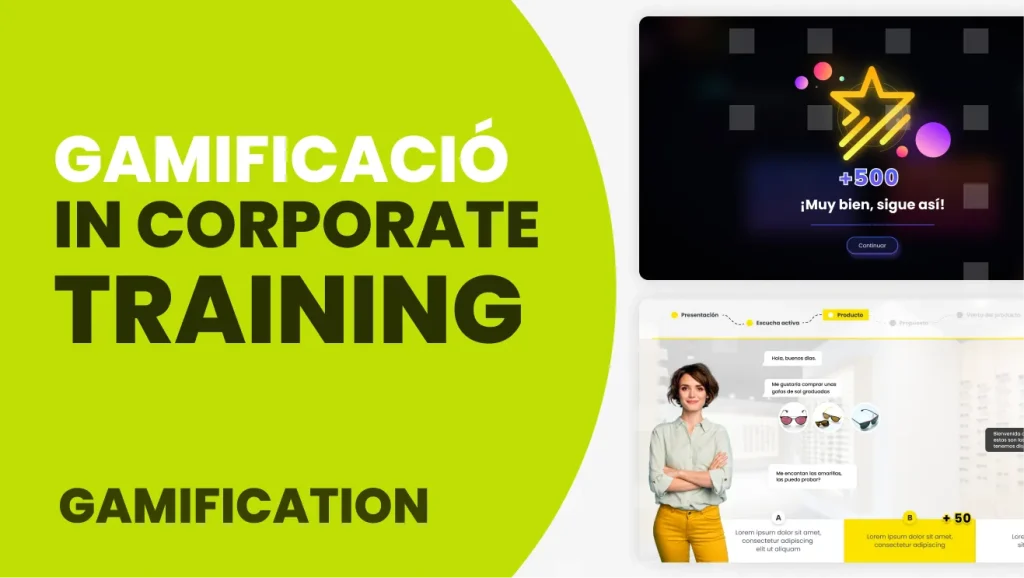In a previous blog post, we talked about how to create a successful Moodle course. Now we will show you the most important and most used Moodle activities so that you can use them in your online training.
Let’s start by defining the concept.
What are activities in Moodle?
We are discussing Moodle resources and activities as a tool for running virtual courses in Moodle.
These are the ones that will allow us to design the virtual platform according to the curriculum we have designed.
There are also extensions or plugins that can be installed to add additional features and functionality to the LMS platform. Still, in this article, we will talk about the main ones that come as standard in Moodle, an open-source LMS platform.
Main training activities in Moodle
Task activities
This activity assigns assignments either offline or online. You can specify the due date of an assignment and the grade that can be assigned to it.
Assignments allow the teacher to give feedback to the students in different ways, for example, comments, annotations on the submitted PDF document, or specific annotations on an evaluation rubric.

Students can make and upload the assignment in different file formats and it records the date on which the assignment was made and submitted, being able to submit the assignments after the deadline, is always subject to the teacher’s criteria.
For comments about the assignment, the teacher attaches information to the student’s assignment page and a notification message is sent to the student.
Chat activity
This training activity allows a fluid interaction with the students through real-time chat. The sessions are recorded so that the student can consult them later. This activity allows URLs, images, and emoticons, which makes communication with the teacher easier.
Consulting activity
With this activity, the teacher can ask the students a question, with a list of options or answers, from which the student can choose one or more, depending on how the activity is configured.
The teacher can view a table that presents information about what the student answered for further evaluation of the assignment.
Discussion forum activity
The forum allows the exchange of input at the group level on a shared topic.
Participation in the forum can be a fundamental part of the learning experience, as it helps students to clarify, understand a topic and resolve doubts.
Features
- There are different types of forums, for teachers, for course topics, and open to all.
- A photo of the author of a post is attached to all messages.
- Registration to the forum may or may not be voluntary, depending on the teacher’s discretion or the configuration of the activity.
- Contributions to forum threads can be in the form of text, attachments, audio, and video.

Training activity questionnaire
It allows to follow up students and evaluate the level of knowledge acquired by the student.
Questionnaires with different types of questions are included:
- True or false
- Multiple choice answers
- Short answers
- Partnership answers
Features
- A series of questions can be defined that can be reused in different questionnaires as a database.
- The questions in the questionnaire can be randomly ordered, thus reducing the possibility of copying among students.
- The questionnaires are automatically graded and can be re-graded at any time.
- The questionnaires have a start date and an end date. According to the teacher’s criteria.
Resource modules
It allows the collection of a large number of resources and digital content such as Word files, Excel, presentations, videos, and different types of multimedia files.
Features
Resources can be for students on the educational platform or anyone who has access to the activity.
Survey training activity
The Survey activity module allows a teacher to create a custom survey to obtain feedback from participants using a variety of question types, such as multiple choice, yes/no or text.
The survey reports can be graphed and presented to the student as an evaluation, for example, with the overall class average.

Workshop training activity
It serves as a great help for group work and allows students to submit their work via an online text tool and attachments. There are two grades for each student: that of their own assignments and that of their evaluations of other students’ assignments.
This activity is similar to the task activity, extending its functionality.
Features
- It allows peer assessment, and the teacher manages the grading conditions.
- It allows a wide range of rating scales.
- Students can be provided with sample documents for conducting the workshops.
- It offers a lot of flexibility in designing a workshop.
Glossary activity
This activity creates a collection of the most frequently used terms in the course. It has many presentation options such as an encyclopedia list, FAQ, and dictionary.
Basically, it allows you to maintain a repository of data in the form of concepts and definitions. These entries can be linked directly to Moodle resources as categories or as automatic links, highlighting the term in the topic text.
Entries can be aliases that can automatically link the concept to other words, entries written by teachers, and can be written by students so that glossaries can be reviewed and approved before they are made public.
Moodle activities are configurable and necessary for basic distance learning. If you want to make your e-learning more attractive, you can integrate plug-ins to add more functionality, add-ons and make your course a real learning experience.





